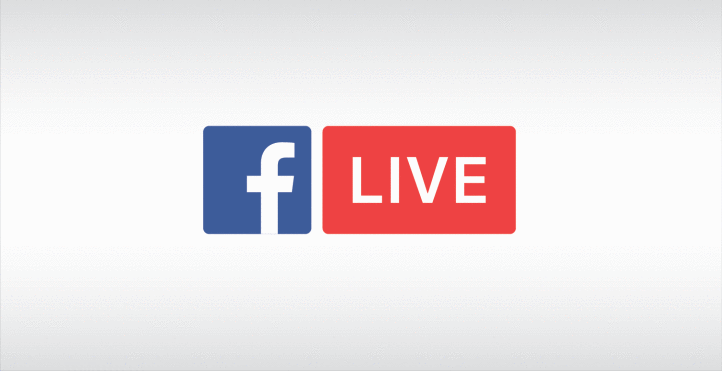In the modern day digital age, wherein technology permeates nearly every thing of our lives, the realm of schooling isn't exception. Monitoring Tools, a term often associated with surveillance, takes on a new meaning in the educational context. These tools encompass more than a few software programs and structures designed to track and assess various factors of student performance and behavior. But why is that relevant? Well, on the heart of it lies the concept of student responsibility – a cornerstone of academic success. As we delve into this subject matter, we intend to discover how monitoring tools can play a pivotal position in fostering and improving student responsibility.
Understanding Monitoring Tools
In addition to getting to know monitoring tools and parental manage software program, there are numerous other monitoring gear available to educators and parents that cater to different aspects of student behavior and academic performance. Academic performance trackers provide comprehensive insights into students' development throughout various subjects and assignments, offering specified analytics together with grades, take a look at scores, and attendance information. This permits educators tailor instruction to better meet the needs of individual college students fostering a more personalized learning experience.
Communication platforms additionally play a vital function in facilitating collaboration and feedback between teachers, students, and parents. Tools including e-mail, messaging apps, and online forums allow seamless conversation, allowing stakeholders to stay informed about critical updates, upcoming assignments, and scholar development. This real-time communication fosters a sense of transparency and accountability among all, promoting a collaborative technique to education.
Furthermore, behavioral monitoring tools can assist educators track student conduct each outside and inside the classroom. These gear may consist of behavior tracking apps, incident reporting systems, and behavioral analytics software. By monitoring behavior patterns, educators can perceive potential issues early on and enforce interventions to cope with them successfully. Overall, monitoring tools support students on their educational journey, promote responsibility, engagement, and academic success.
Benefits of Monitoring Tools in Promoting Student Responsibility
- Improved Accountability: One of the primary blessings of monitoring tools is their potential to instill accountability in students. When students realize that their activities are monitored, they're much more likely to take ownership in their academic responsibilities.
- Enhanced Time Management Skills: Monitoring tools can aid students in managing their time greater correctly through imparting insights into how they allocate their time. For instance, academic performance trackers can highlight time spent on unique subjects or duties, assisting college students pick out areas where they will need to regulate their schedules.
- Identification of Patterns: By studying records gathered over time, educators and students alike can gain valuable insights into areas of behavior and performance. For example, patterns of procrastination or regular problems with certain concepts may be identified early on, allowing for targeted interventions and guides.
Challenges and Considerations
While the benefits of monitoring tools are certainly compelling, navigating the ethical landscape surrounding their usage may be a delicate balancing act. Students' privateness rights are paramount, and concerns about surveillance can understandably rise up. However, it is critical to emphasize that monitoring tools have to be carried out with transparency and with the primary aim of helping students' academic growth and well-being. By fostering open conversation and relating to students in discussions, educators and parents can assist alleviate anxieties and build consideration.
Moreover, there is a risk of over-reliance on monitoring tools, which may also stifle students' intrinsic motivation and self-law. By placing a stability among leveraging technology and self-directed gaining knowledge of, educators can empower students to take ownership of their educational adventure.
Best Practices for Implementing Monitoring Tools
To mitigate these challenges and maximize the benefits of monitoring tools, here are a few quality practices to consider:
- Collaboration Between Stakeholders: Establish clean tips and expectations concerning using monitoring tools, involving educators, parents, and students within the decision-making process.
- Empowering Students: Educate students approximately the reason for monitoring tools involve them in setting goals and monitoring their progress. Encourage autonomy and self-reflection to foster intrinsic motivation.
- Regular Assessment and Adaptation: Continuously examine the effectiveness of monitoring tools and be inclined to make modifications as important. Solicit feedback from students and parents to make certain that the use of monitoring tools remains constructive and useful.
In conclusion, monitoring tools can indeed play a significant role in promoting student responsibility and academic success. By imparting insights into pupil behavior, encouraging responsibility, and facilitating time management, these tools have the potential to empower students to take ownership in their studying adventure. However, it's essential to methodically implement their implementation thoughtfully, considering the potential demanding situations and striving for a balanced method. Ultimately, via working collaboratively and leveraging technology responsibly, we are able to harness the strength of monitoring tools to cultivate a culture of responsibility and excellence in education.















